A Department Where Everyone Belongs: Professor Zhansheng Chen’s Commitment to Fostering Inclusiveness, Excellence and Diversity in Psychology
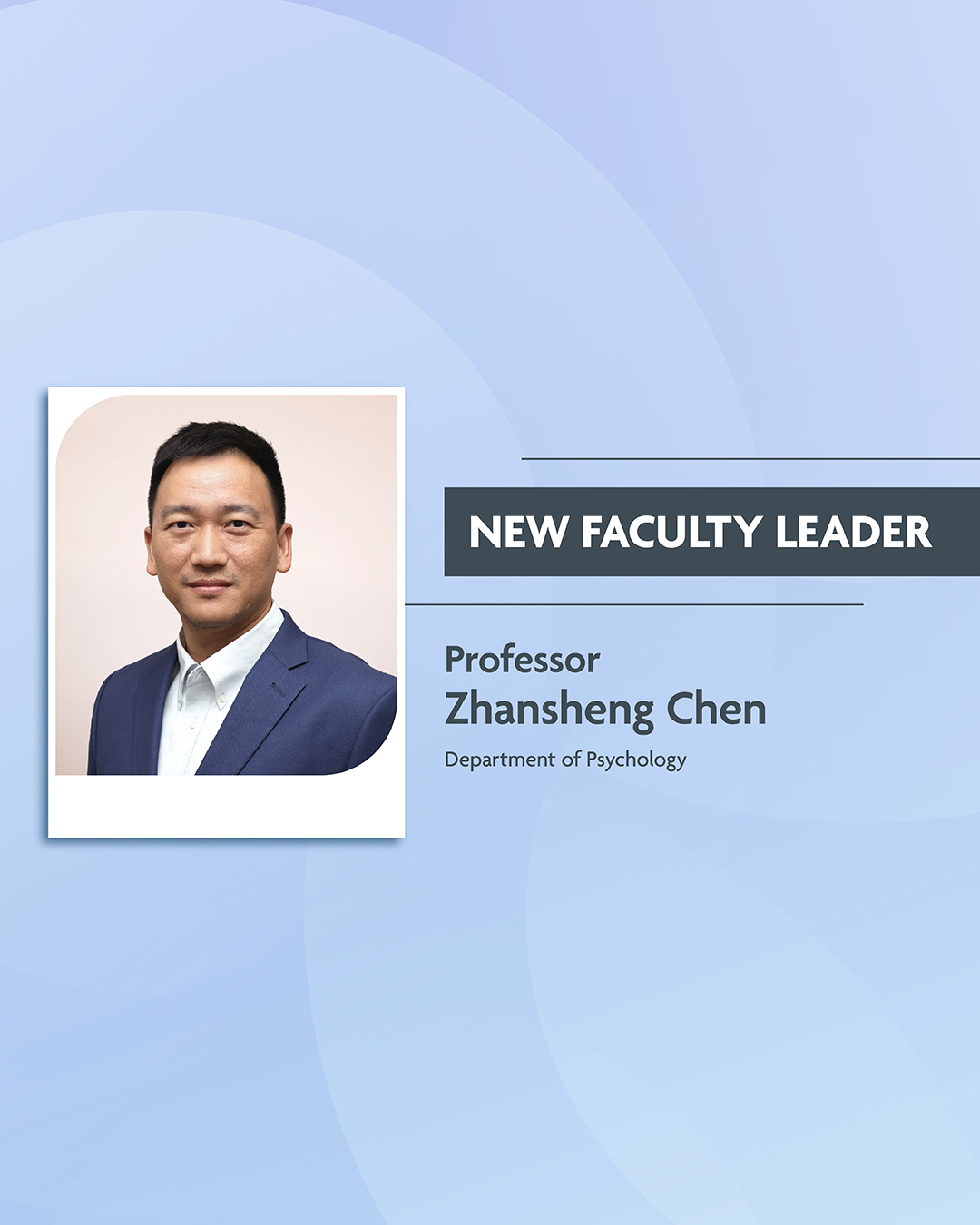
Creating a place where all views are welcomed is a hallmark of Professor Zhansheng Chen’s vision for the Department of Psychology.
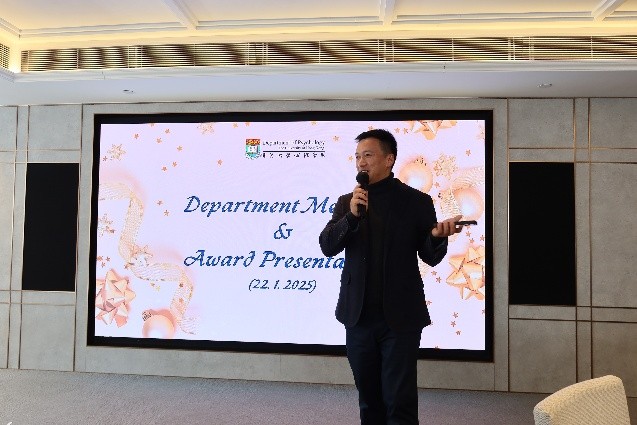 From his present vantage point as Head of the Department of Psychology at The University of Hong Kong, Professor Zhansheng Chen describes his career path to date as relatively smooth and unruffled. A closer look, however, shows that his ascent has been marked by an unwavering commitment to the pursuit of excellence and by the hard-earned recognition that meaningful success is built on a holistic approach to life and the patient cultivation of self-belief.
From his present vantage point as Head of the Department of Psychology at The University of Hong Kong, Professor Zhansheng Chen describes his career path to date as relatively smooth and unruffled. A closer look, however, shows that his ascent has been marked by an unwavering commitment to the pursuit of excellence and by the hard-earned recognition that meaningful success is built on a holistic approach to life and the patient cultivation of self-belief.
In Search of Excellence
Hailing from a rural part of Henan Province, Professor Chen worked hard at school and moved to Beijing for university, and then to Guangzhou where he studied for his master’s degree in psychology. From there he made a bigger leap: to the US and Purdue University. It was a big transition – a new environment, a different way of life and a melting pot of cultural diversity. It was eye-opening, and he loved it.
There was just one problem: he was still unsure of what he wanted to study. This uncertainty, coupled with his high expectations of himself, became a source of anxiety.
“I was highly motivated but very tense,” he recalls. “I wanted to achieve excellence. But exactly what – I was quite unsure.”
He switched from developmental psychology to social psychology and found his new professors very supportive. They encouraged him to explore different possibilities, switching programmes and supervisors until he found his niche. His PhD supervisor became an important mentor who, over time, helped him embrace a holistic approach to life.
“He found a way to calm me down,” says Professor Chen. “I realised that, even in very difficult times – even in times when you feel like things might fall apart – you can still find a way, but you have to believe in yourself. You have to find this intrinsic motivation for personal growth.”
This new way of thinking proved transformational and his focus and studies reaped the benefit. In 2008, he was awarded his PhD in Social Psychology, and subsequently joined The University of Hong Kong. He became Interim Head of Department in summer 2024 and assumed the full Headship in December 2024.
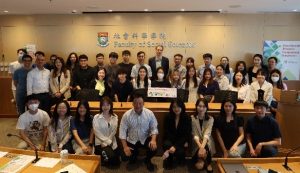
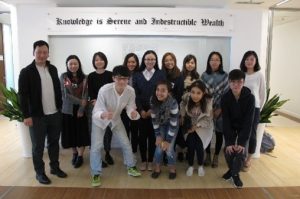

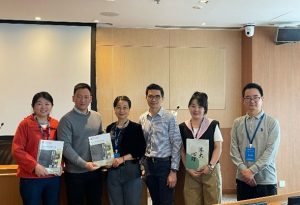
Bigger, Broader and Better Funded
He is currently conducting interviews to fill vacancies, with the aim of making six to eight new hires during the first year of his tenure. More than simply filling positions, he views this as an opportunity to strengthen the department’s structure and enrich it by welcoming fresh perspectives and talents.
He is committed to supporting students’ success and making the educational environment as vibrant and attractive as possible. 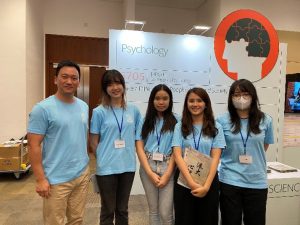
A big focus is the undergraduate course “Introduction to Psychology (PSYC1001)”.
“I think it’s a very meaningful class,” he says. “I want to promote and expand this course so it can be attractive to all
Hong Kong students, so that 2,000 or 3,000 students can take the class.”
He plans to double the number of sessions and introduce co-teaching and guest lectures to give students access to as
many professors and ideas as possible.
“The lecturers who are teaching this class now will not have to cover everything, they will be sharing their teaching,”
he explains.
A larger department will bring in more resources and enable greater support for colleagues who want to take part in
overseas conferences, fund research activities and recruit high-performing PhD students.
Lesson Learnt, and Shared
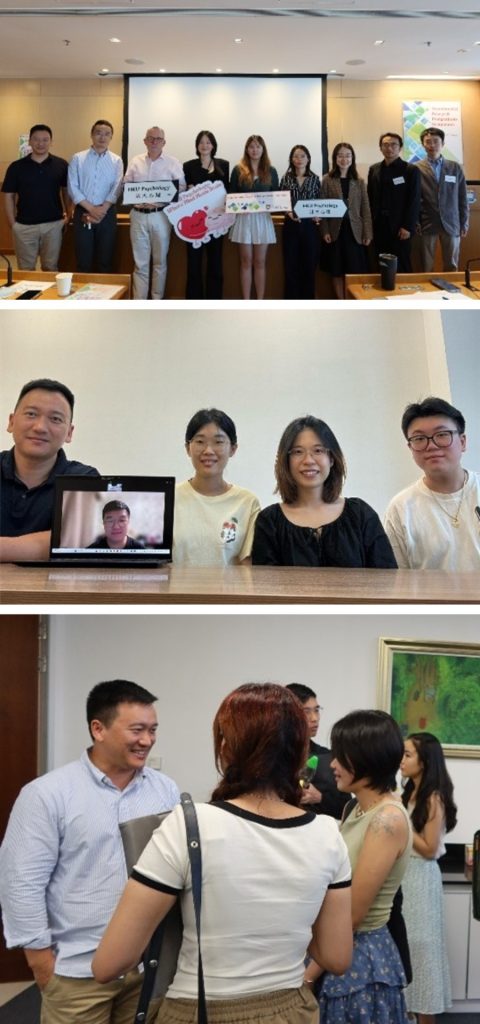
The most important element of his vision, though, is creating a department that is a true home to all its students and faculty.
“I think it’s quite important to give people a sense of belonging because I’m a social psychologist – I study social experience, social inclusion and exclusion,” he explains. “Connection is the key.”
His own experiences have given him insight into the hurdles faced by junior faculty members. He understands the pressures of seeking tenure and of striving to meet performance expectations. His advice is to build confidence by focusing on achieving goals.
“You realise that if you put your mind into something, you’re able to get things done,” he says. “So that gives you a strong sense of belief in yourself.”
Developing that ability to perform optimally is also part of his research.
“What I’m trying to promote is the idea that people can be in different kinds of states at any moment,” he explains. “But in every single moment, there’s an optimal condition. That’s the condition that I call ‘at ease’. What I’m trying to provide is that people can be in optimal condition at all times.”
That commitment to helping people perform at their best is evident in his work in the department, where he aims to create a space where colleagues and students feel free to openly share their ideas and opinions. He believes diverse views are intrinsic to psychological study and will help both the department and the field to flourish.
“The human mind is very, very complex,” he says. “So how do you study it? We use different approaches. The questions can be very different. But also researchers are very different, students are very different. So you can easily understand the diversity. I think it’s quite important to embrace or to encourage diversity in how people develop, but also in how things work in the department. That’s something I want to achieve during my tenure: that people in the department feel comfortable to approach me, or push others to have their own voices heard and to have their needs expressed. That’s quite important to me.”
Contributing writer: Liana Cafolla